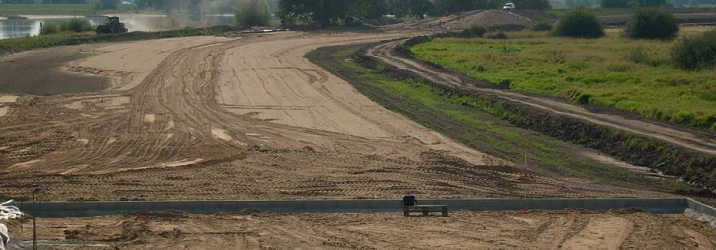The journal Forest is calling for contributions for a Special Issue (ISSN 1999-4907). The focus of this Special Issue will be on innovative frameworks supporting decision-making processes through integrated ecosystem services assessments and sustainable finance principles. The deadline for manuscript submissions is 31 October 2023.
Background:
The 15th Conference of the Parties (COP-15) was held in Montreal in December 2022 to discuss and prepare technical/operational guidelines and directives against biodiversity loss globally, with particular attention to urban environments. Particularly, it emerged clearly how the alignment of financial flows with nature could drive finances toward sustainable investments and away from environmentally harmful ones. Therefore, there is a need to support decision-making processes with accessible frameworks integrating economic-environmental aspects able to encourage nature-positive investments. [Read more…] about A special issue of Forests


